
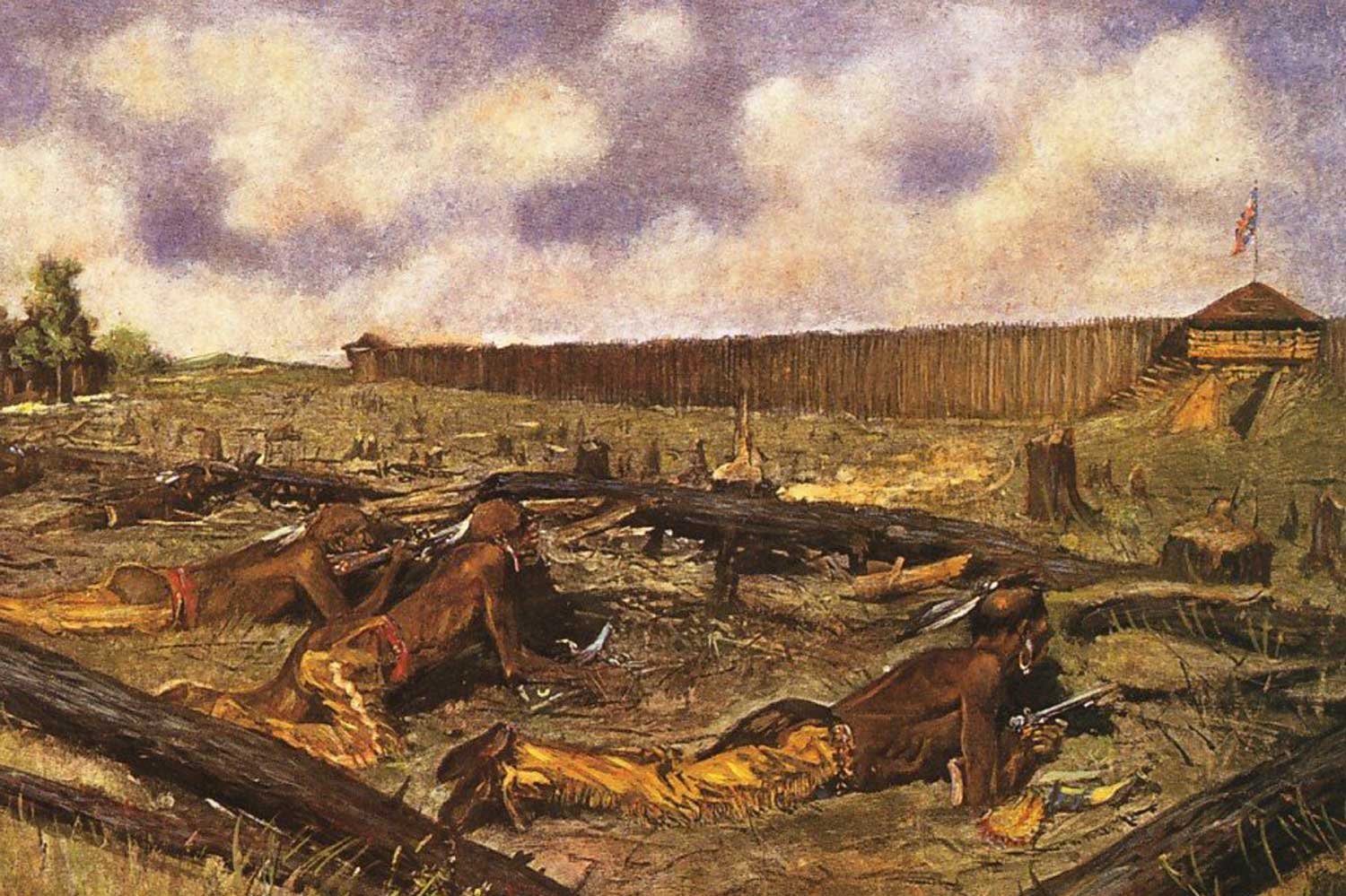
The Siege of Fort Detroit
All was set in May 1763 for an Indian uprising whose geographic extent and duration would surpass anything before or after in North America. The initial targets of Pontiac, the Indian mastermind behind the scheme, were nine British outposts, starting with Fort Detroit, the centerpiece of the region. Not coincidentally, this was the fort adjacent to Pontiac’s Ottawa village, with Potawatomi and Wyandot villages just across the Detroit River.
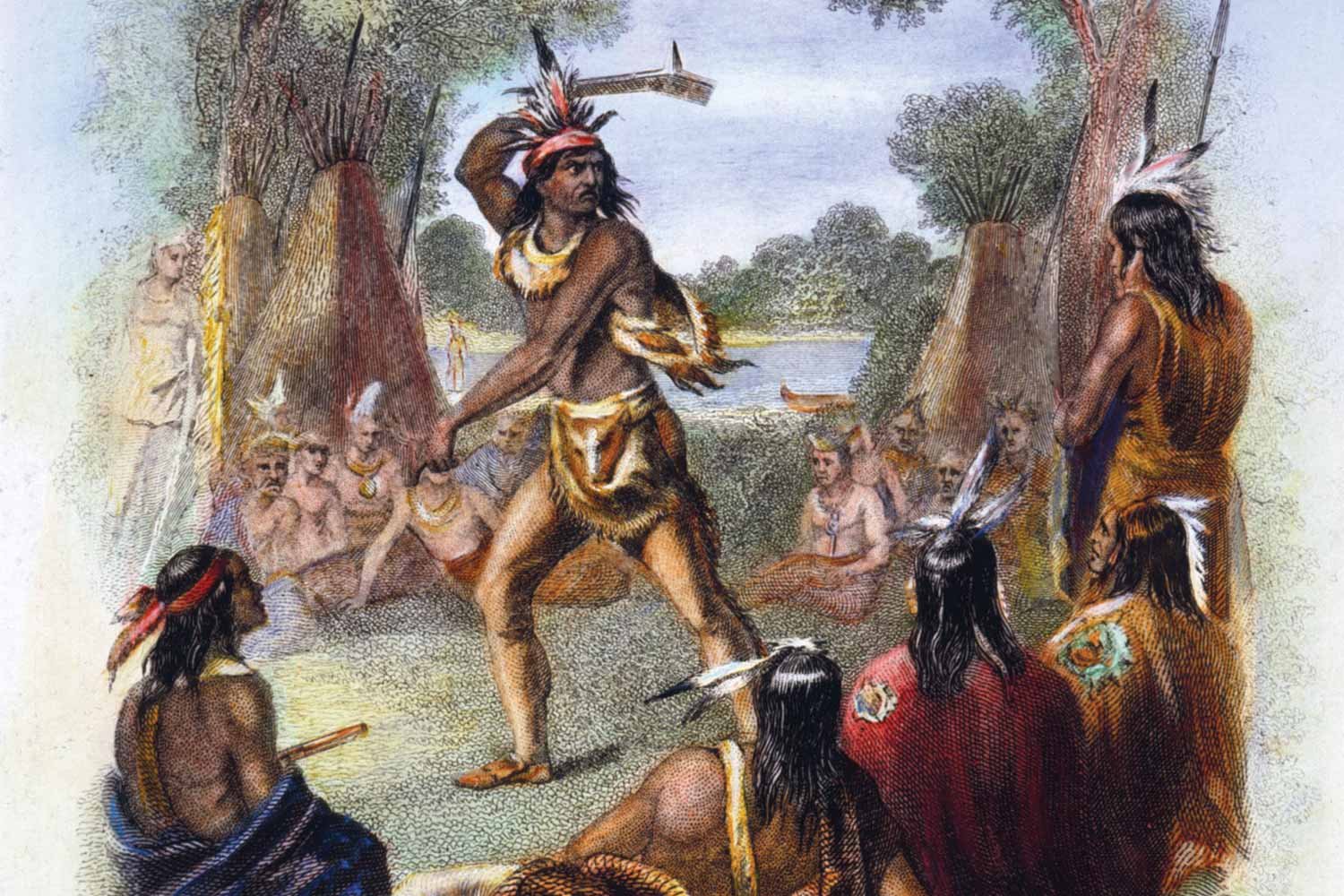
The Conspiracy of Pontiac
In the spring of 1763, following the conclusion of the French and Indian War, the Ohio Country and the Great Lakes region officially changed from French to British control. While markedly affecting the two European nations, the most significant impact fell on the Native Americans who lived in the region. Generally, these nations were unhappy with this transfer of power and worried that their way of life would be adversely affected. A charismatic Indian chieftain named Pontiac was determined to prevent this from happening.
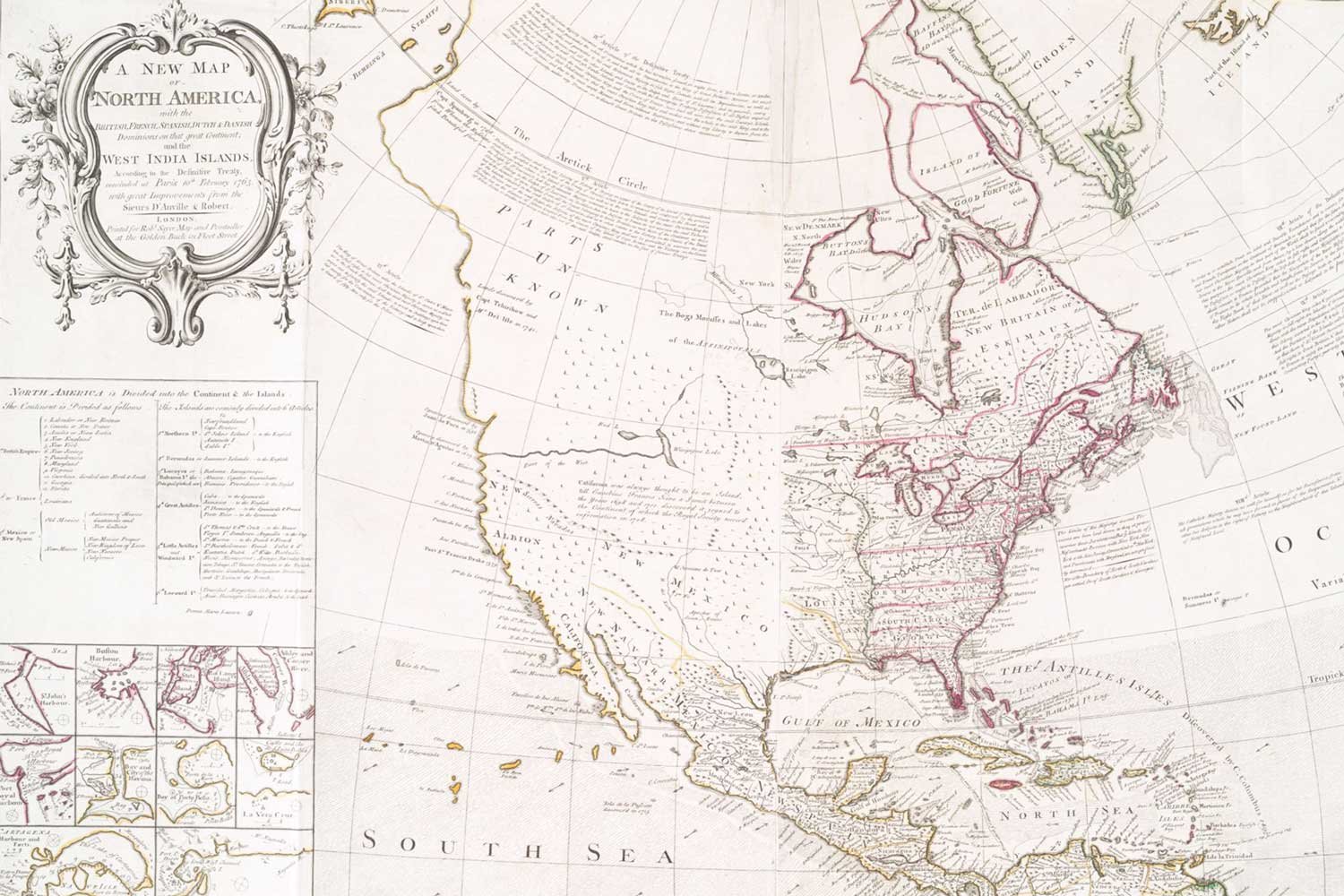
England Reigns Supreme Following French and Indian War
The British American experience since 1607 when the first English settlers arrived in Jamestown had largely been confined to the eastern seaboard north of Spanish Florida. As the British began to expand beyond this Atlantic bubble in the mid-1700s, they came into conflict with their longtime nemesis, the French, primarily over which nation would dominate the lucrative fur trade in the Ohio Country.

European Nations Vie for North America
To early generations of British Americans, largely confined to the Atlantic seaboard, the area beyond the Appalachian Mountains seemed mysterious, vast, and relatively unpopulated. It was all that, but it also had a long history of exploration by other European nations and within its boundaries lay the future of America.
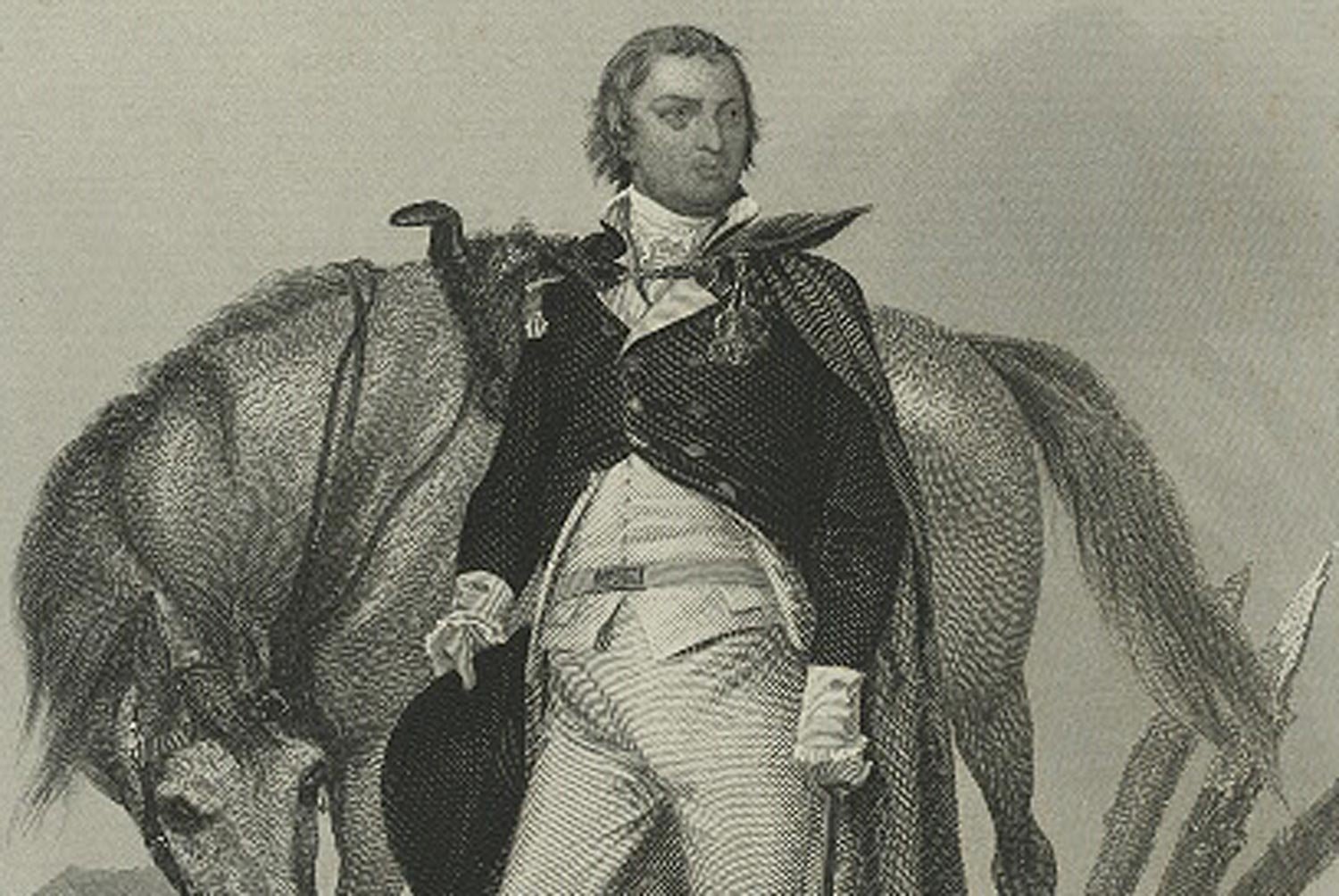
The Legacy of Nathanael Greene
Nathanael Greene was truly the savior of the south, and significantly responsible for winning the American Revolution. His contemporaries recognized this fact, and awards, accolades, and even land grants were given to Greene.
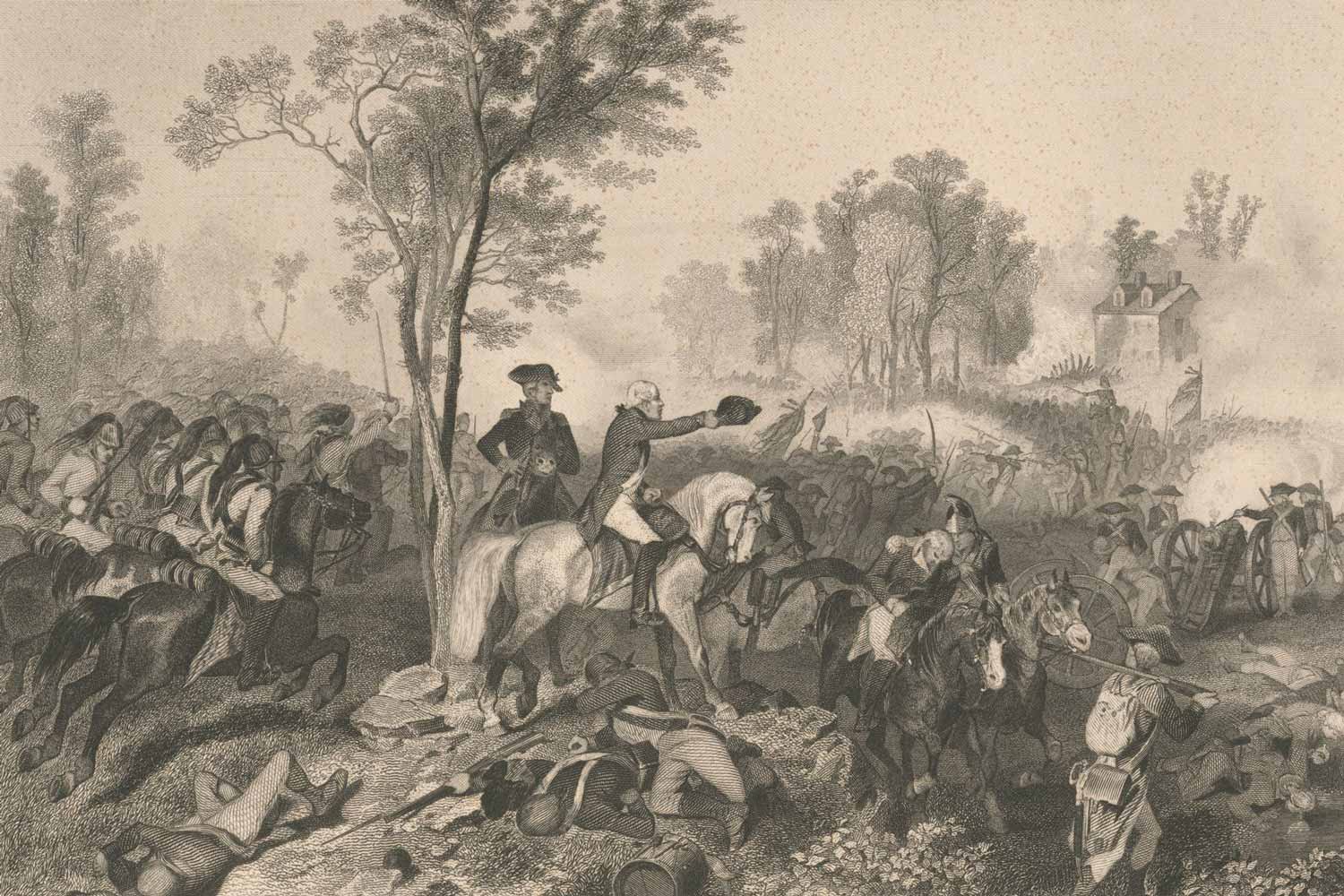
Closing Scenes in the Southern Theater of the Revolutionary War
By the late summer of 1781, the American Revolution in the south was drawing to a close. Hoping to inflict more damage to the British, Major General Nathanael Greene, the commander of the southern Continental Army, planned a strike at the one remaining British army in South Carolina.
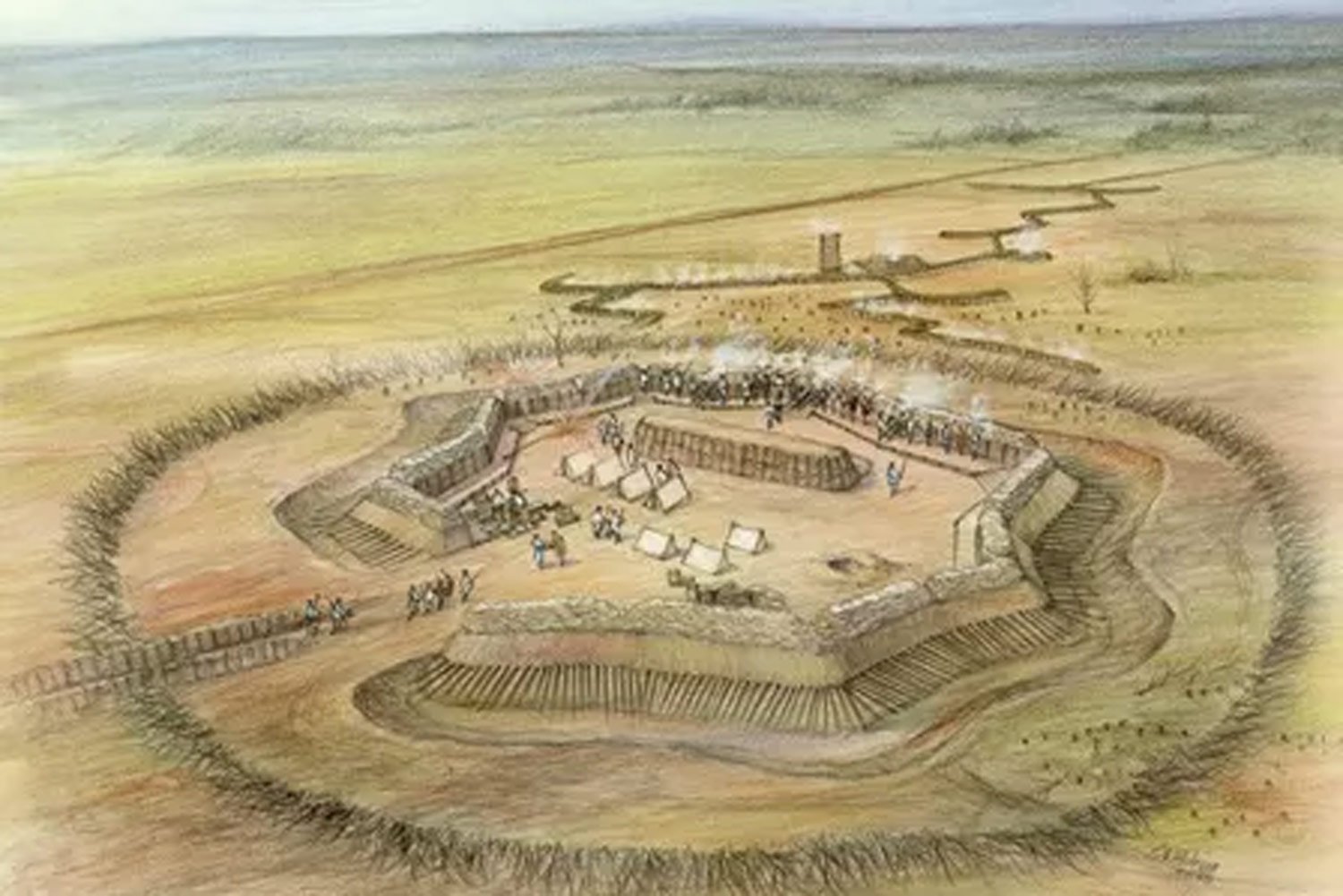
The Siege of Ninety Six
In the spring of 1781, American forces under General Nathanael Greene rolled up the British garrisons in the interior of the Carolinas one by one. The last British holdout was the fortified town of Ninety Six, in the foothills of western South Carolina. Greene arrived on the scene with 1,000 men and commenced the siege of Ninety Six on May 22.
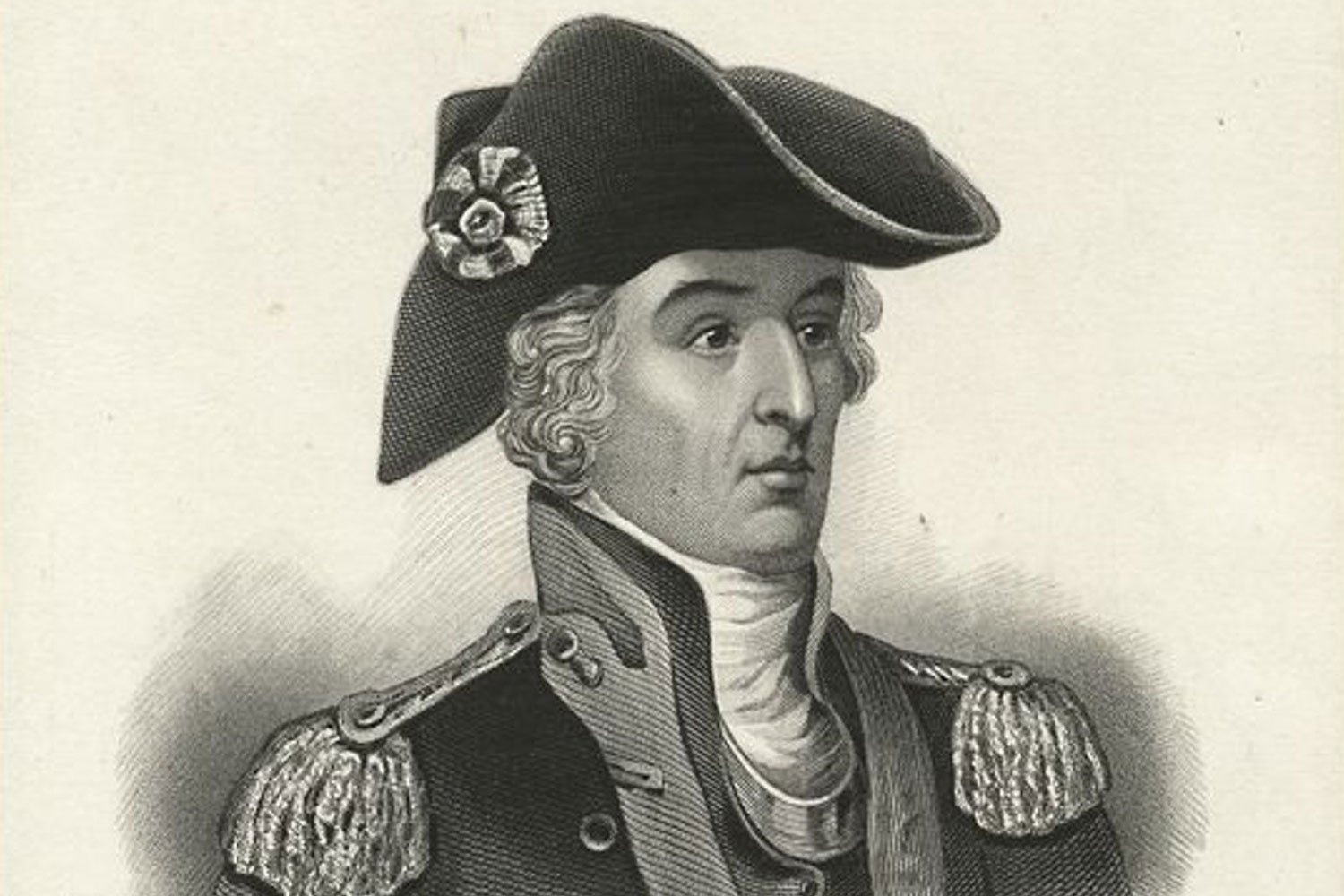
Nathanael Greene Retakes the Carolinas
When General Nathanael Greene crossed the Dan River and escaped to Virginia on February 14, 1781, Lord Charles Cornwallis’s British army controlled all of North Carolina, and most of South Carolina and Georgia. Within the short span of seven weeks, all that would change.
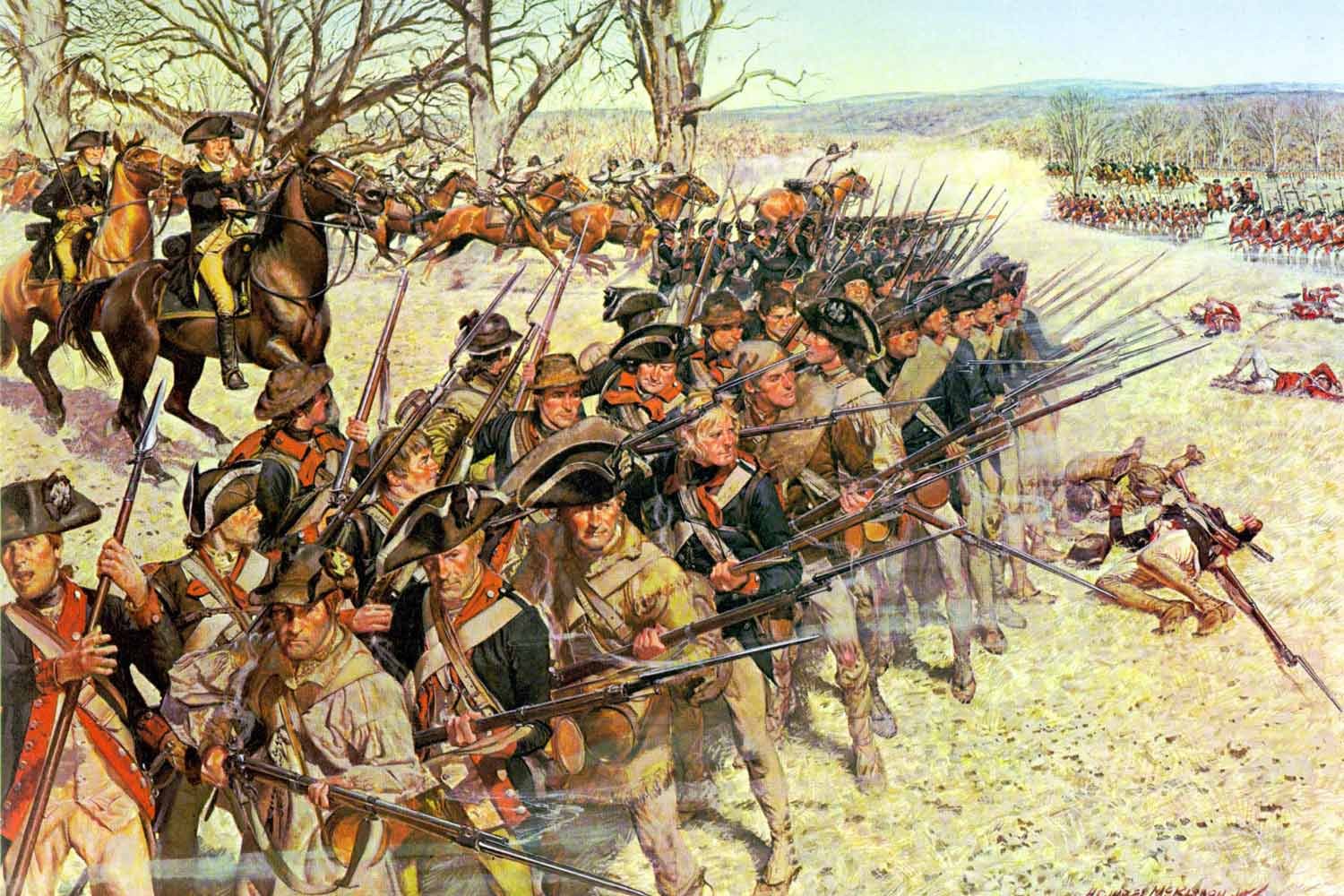
The Battle of Guilford Courthouse
Following the successful conclusion of the Race to the Dan, General Nathanael Greene and his southern army was safe for the moment from the British troops under Lord Charles Cornwallis just across the river. Due to a lack of supplies in the area, Cornwallis retreated to Hillsboro, about sixty miles southeast, to get refitted. By late February, Greene had received reinforcements, recrossed the Dan, and had the American army back in North Carolina.
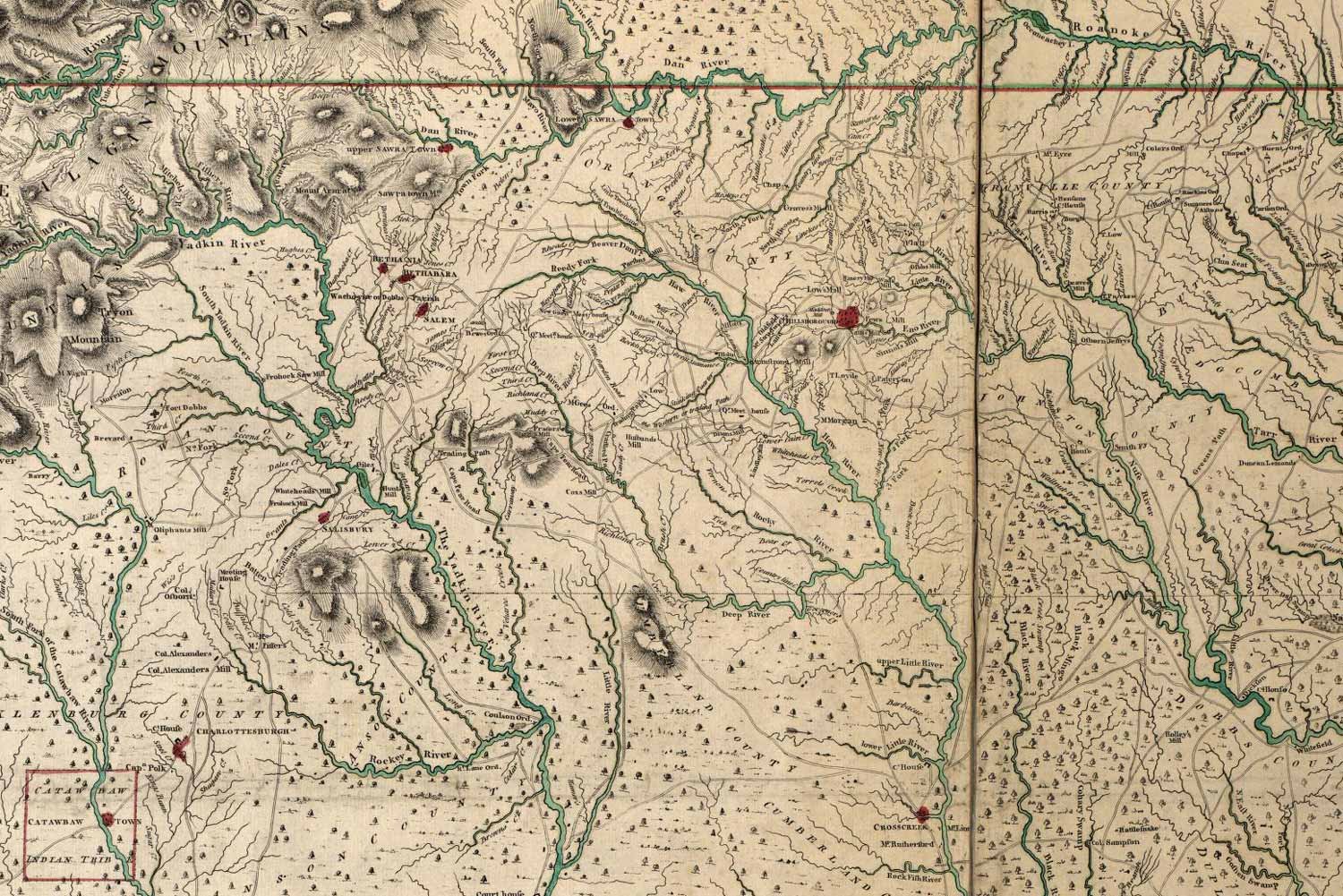
The Race to the Dan
The Battle of Cowpens on January 17, 1781, was a great victory for Daniel Morgan and his army of Continentals and militiamen. They had virtually annihilated Lieutenant Colonel Banastre Tarleton’s famed British Legion, but Morgan’s contingent was in a dangerous position, with a larger British force under Lord Charles Cornwallis only twenty-five miles away. The race was now on to get to a place of safety.
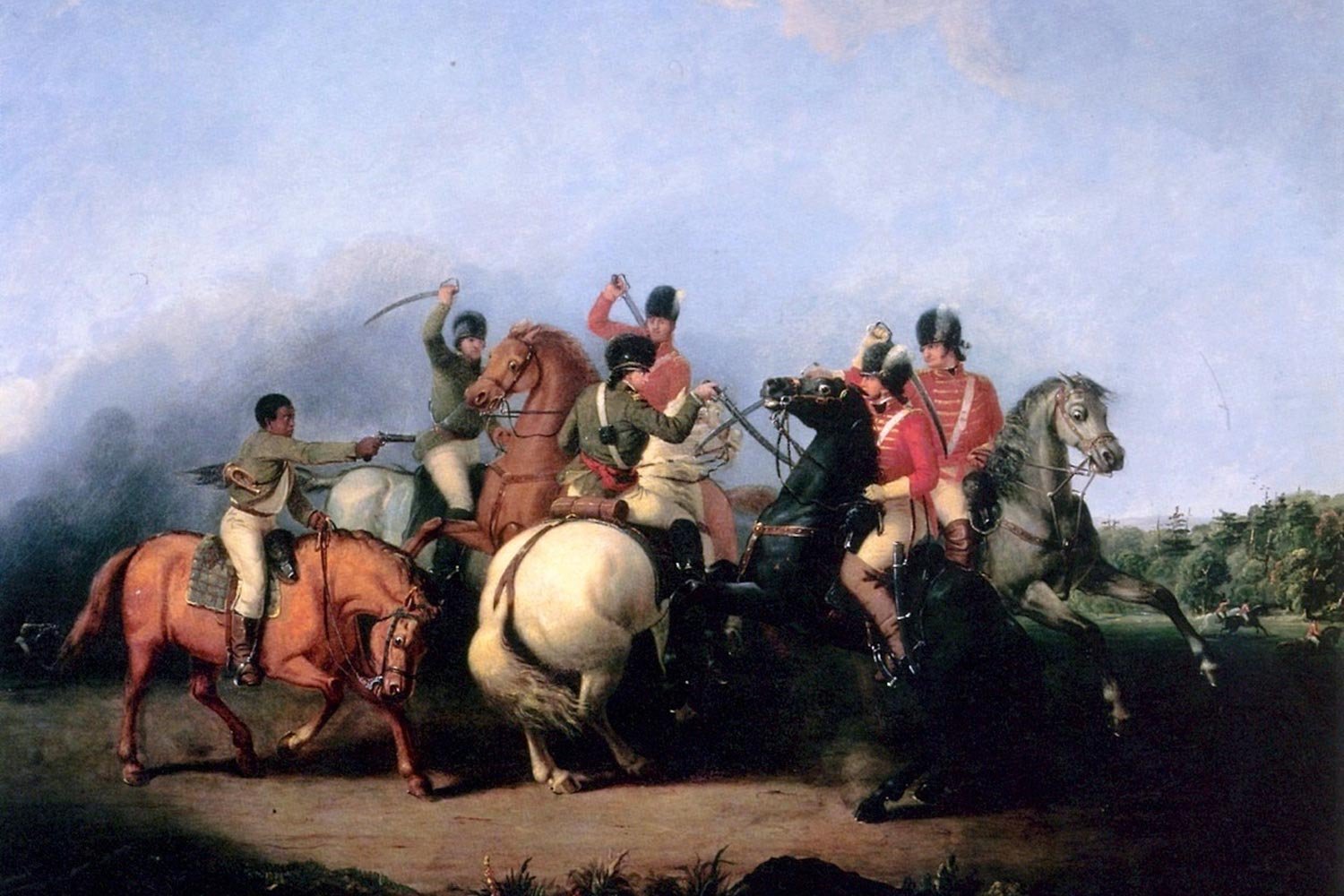
Daniel Morgan’s Masterpiece at Cowpens
Daniel Morgan came out of his self-imposed retirement and returned to the Continental Army near Hillsborough, North Carolina in late September 1780. He felt he could no longer sit on the sidelines while his country was at war. In December, Major General Nathanael Greene sent newly promoted Brigadier General Morgan and 600 men west to threaten British outposts in western SC.
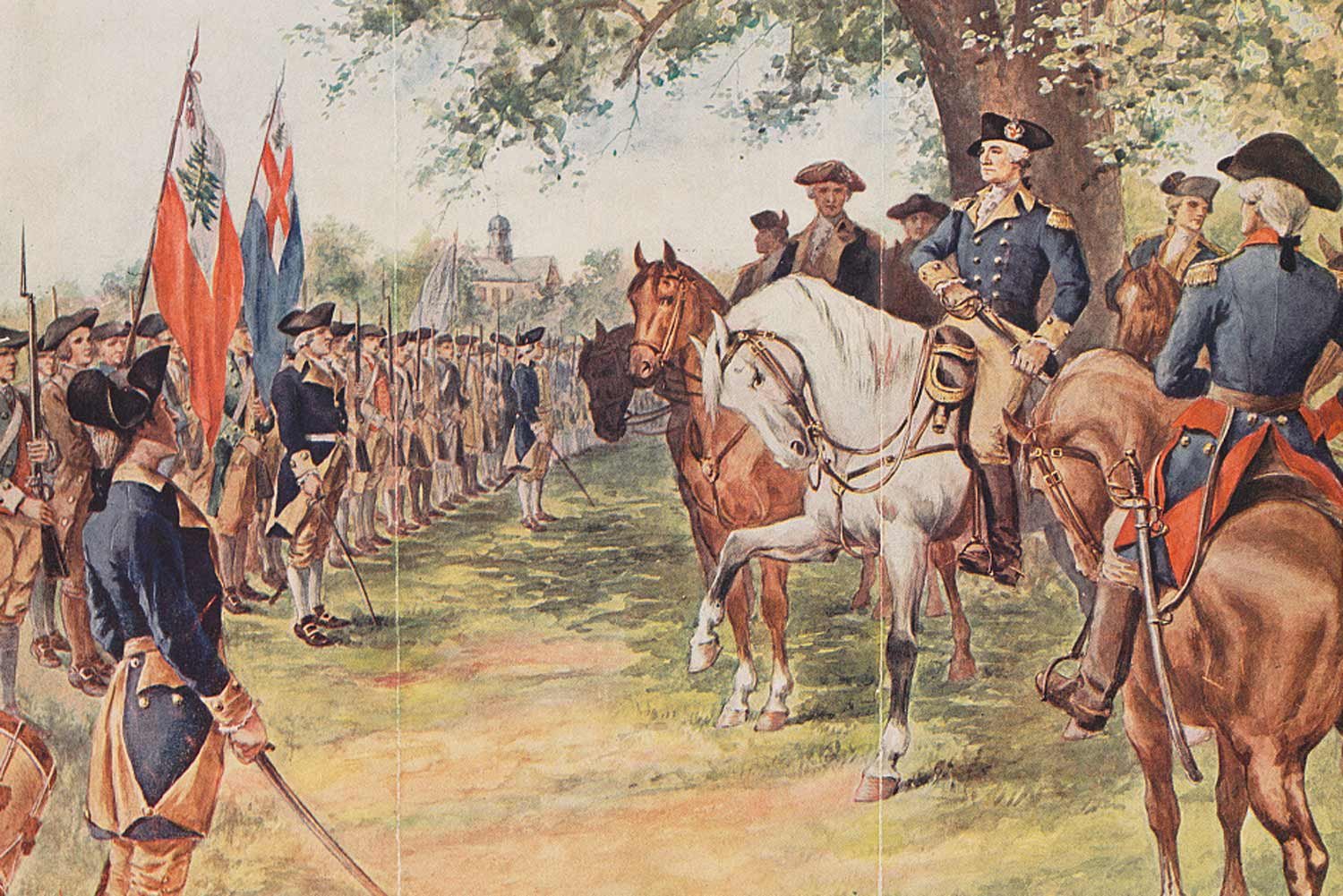
Daniel Morgan Joins Fight for Independence
Daniel Morgan was inspired by America’s desire for independence as early as 1774, when England imposed the Intolerable Acts on the colony of Massachusetts. Morgan felt a natural resentment to this imposition of British authority, tracing back to his unpleasant experiences serving the British army as a wagoner during the French and Indian War.




